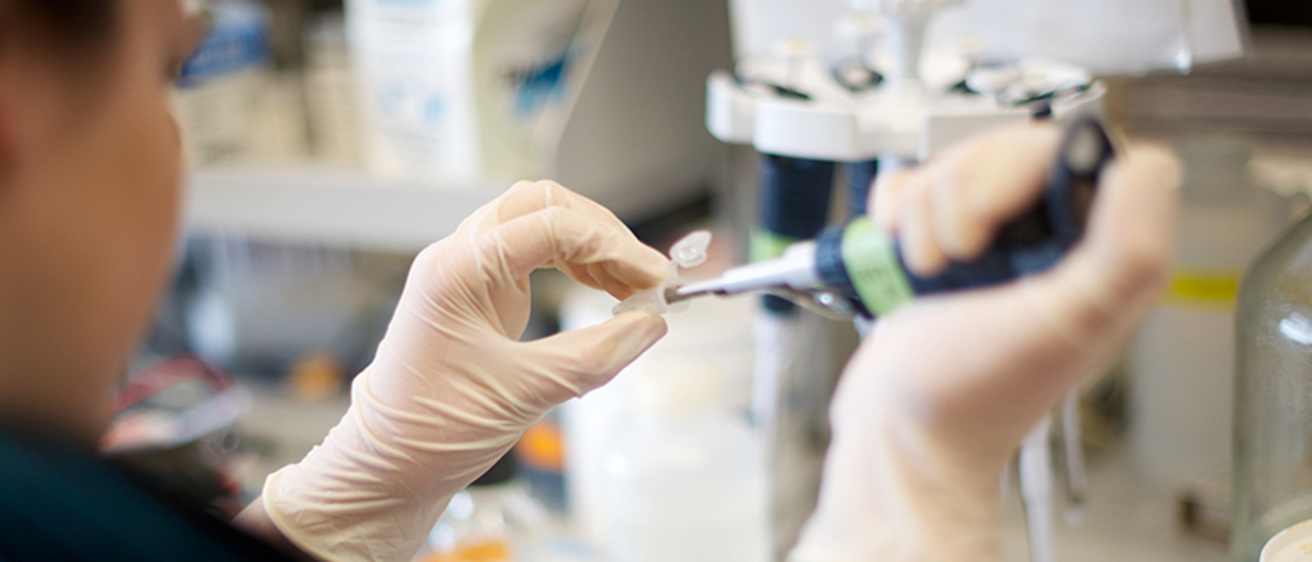Main navigation
Overview
The Graduate College requires the satisfactory completion of 72 semester hours in order to obtain a Ph.D. These hours are obtained through a combination of Core and Elective courses, and seminar and research hours accumulated throughout graduate training.
Clinical shadowing
Cancer Biology students will enroll in a one semester hour course (Clinical Connections) in the fall semester of the second year. This course will provide students with the opportunity to shadow clinicians and healthcare workers in a variety of cancer clinics (e.g. oncology, genetic counseling, pathology, radiation oncology, surgery). Students may also attend tumor board meetings. The intent of this exposure is to provide students with novel insights into the day-to-day needs of cancer care providers and cancer patients. Students will be encouraged to use these insights when developing novel research projects in the laboratory.
Scientific Writing
The Crafting a Scientific Proposal course (one semester hour) is taken in the fall semester of the second year. This provides training in scientific writing and the development of a scientific proposal using NIH grant guidelines. The proposal topic is the student's own research, providing the basis for their comprehensive exam.
Teaching requirement
The Cancer Biology sub-program does not have a formal teaching requirement. However, teaching opportunities will be provided for students who are interested in pursuing a career in science education.
Student advising
The Cancer Biology Program director meets with Biomedical Science first year students interested in Cancer Biology, and with current Cancer Biology students whenever needed.
Students meet frequently with their mentors. Students arrange periodic meetings with their comprehensive committees and thesis committees to discuss the student’s progress, academic performance, and any other issues that might arise.
Comprehensive oral and written exam
The Comprehensive Exam proposal must have at least two specific aims: an on-topic aim (derived from date in the mentor's lab) and a novel aim (conceived and developed independent of the mentor).
The exam is written in the format of an NIH fellowship application.
Final oral exam and thesis defense
Students are permitted to schedule a final oral defense with the thesis committee when the following criteria have been met:
- At least one primary author manuscript published, or accepted for publication, at a peer-reviewed journal.
- 72 semester hours of coursework completed, including all required courses
- Obtain consent of the thesis committee to schedule the final oral thesis defense.
